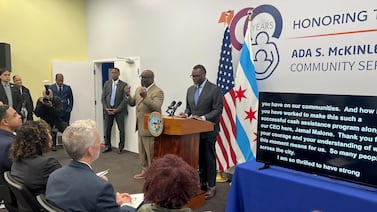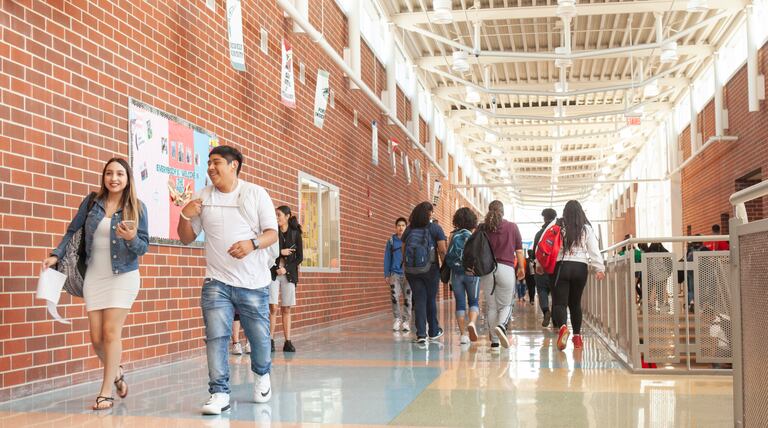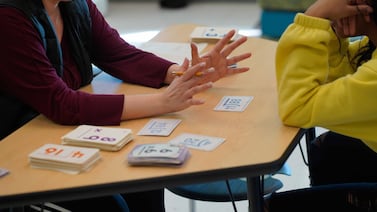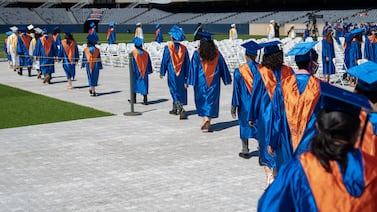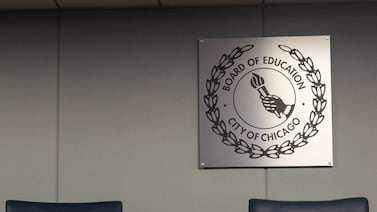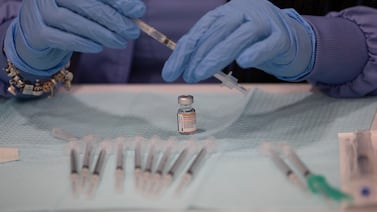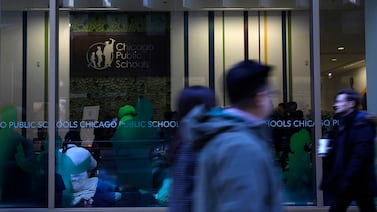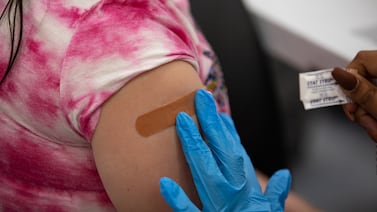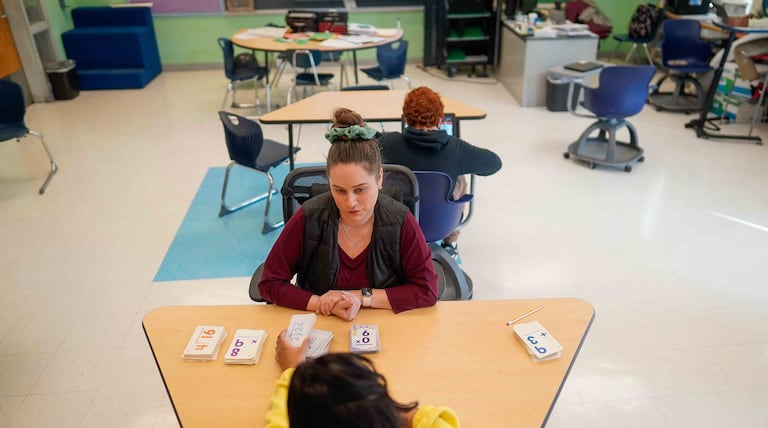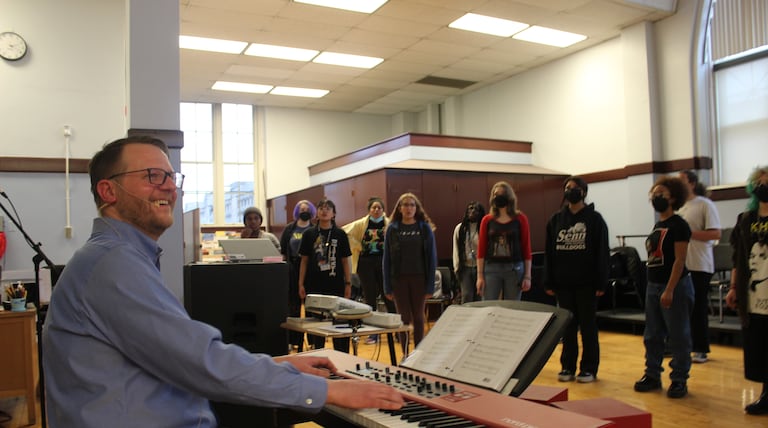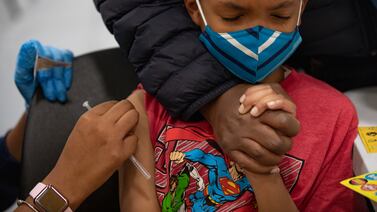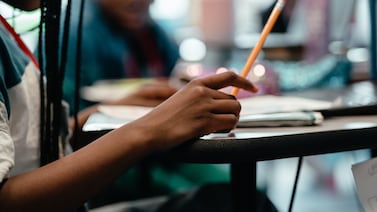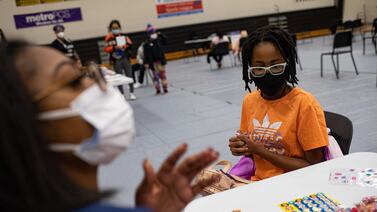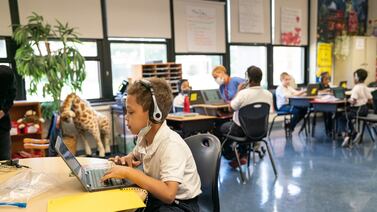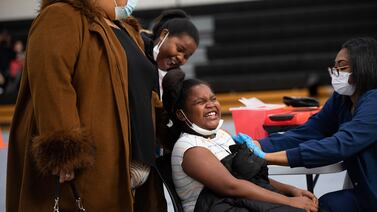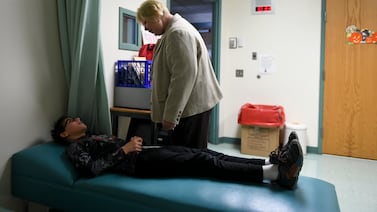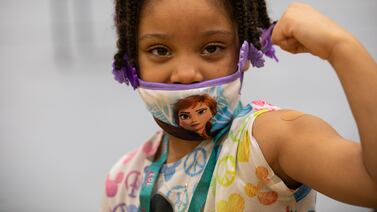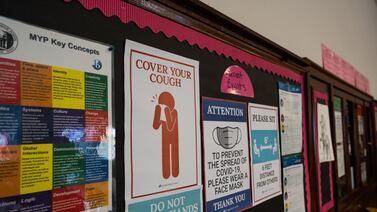Become a Chalkbeat sponsor
Coronavirus Chicago
Chicago will offer the grants to students with disabilities who attend either public or private schools.
Federal COVID money has helped Chicago Public Schools avoid cuts and add staff and programs. What happens when the money is gone?
According to a new report from researchers at Harvard and Stanford, Illinois and Chicago are leaders nationally when it comes to reading growth in the wake of the COVID pandemic.
The Class of 2023 were freshmen when the pandemic disrupted in-person learning. District data indicate 84% of those students graduated in four years, the highest rate in modern history.
Districts across the nation, including Chicago, have been bracing for financial challenges as their pandemic relief dollars run out.
Shipments of the new COVID vaccine are expected to arrive in the coming weeks and should be “plentiful” by early October, public health officials said this week.
The inspector general found they fraudulently got federal loans during the early days of the COVID-19 pandemic in 2020.
While COVID-19 testing and vaccinations are widely available, contracting the virus is still a concern for students — especially for those who are medically fragile
Chicago music teacher Trevor Nicholas is inspiring his students to live out their dreams after a tumultuous few years from the COVID pandemic.
District leaders are urging families to get vaccinated, but the school system isn’t keeping tabs on how many students are receiving COVID boosters.
It’s been a tumultuous and uncertain year for public schools in Chicago and Illinois. But there have also been moments of joy and resilience. Chalkbeat Chicago reporters documented it all. Here are a dozen of the top stories of 2022.
With cases of COVID-19, flu, and other respiratory viruses on the rise, Chicago’s top doctor Allison Arwady and schools chief Pedro Martinez are encouraging students to stay vigilant during the holiday break.
Less than half of the federal COVID money sent to Illinois has been spent by school districts, according to a new data dashboard. The money has so far helped pay for staff, new technology, tutoring, and building repairs.
Amid lagging vaccination, the city’s health commissioner urged Chicagoans to get the new omicron booster to avoid a winter surge.
As schools across Illinois bring back activities for students that happened pre-pandemic and protect them from the coronavirus, Jinsun Baek, a school nurse says that it will take balance to have both
If approved, Pfizer’s bivalent vaccine will be administered to children between 5 and 11, and a Moderna booster will be available for children 6 and up.
As more young children get vaccinated, Illinois will no longer require unvaccinated school and child care employees to test for COVID twice a week.
After hovering around 45% last spring, the average school is 39% fully vaccinated at the start of the new school year.
COVID-19 cases among students and staff increase during the first week of classes as restrictions are looser and a highly contagious variant circulates.

